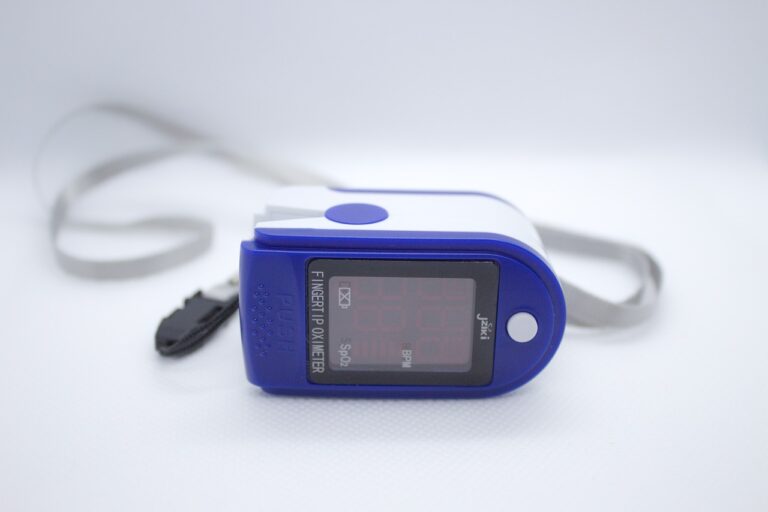The Potential of Nanotechnology in Healthcare
Nanotechnology has significantly revolutionized healthcare by offering innovative solutions at the molecular level. The ability to manipulate materials at such a minuscule scale has paved the way for targeted drug delivery systems, enabling medications to specifically target affected areas within the body without causing harm to healthy cells. This precision has not only enhanced treatment effectiveness but has also led to reduced side effects for patients undergoing therapy.
Furthermore, nanotechnology has facilitated the development of advanced diagnostic techniques that provide more accurate and timely results. Nanoscale imaging tools have enabled healthcare professionals to detect diseases at their early stages, allowing for prompt intervention and improved prognosis for patients. With the continued advancements in nanotechnology, the future of healthcare holds the promise of tailored treatments and personalized medicine, ushering in a new era of patient-centered care.
Current Applications of Nanotechnology in Medicine
Nanotechnology has rapidly advanced in the field of medicine, offering innovative solutions to various healthcare challenges. One notable application is in cancer treatment, where nanoparticles are used to deliver drugs directly to cancer cells, minimizing damage to healthy tissues. This targeted therapy approach has shown promising results in improving treatment effectiveness and reducing side effects for patients undergoing chemotherapy.
Another key application of nanotechnology in medicine is in diagnostics. Nanoparticles can be engineered to detect biomarkers and facilitate early disease detection through highly sensitive imaging techniques. For example, nanosensors can be used to detect specific molecules in the blood, urine, or tissues, aiding in the early diagnosis of diseases such as Alzheimer’s or cardiovascular disorders. This non-invasive and precise diagnostic capability holds great potential for revolutionizing healthcare practices and improving patient outcomes.
Challenges and Limitations of Nanotechnology in Healthcare
Nanotechnology in healthcare faces several challenges and limitations that hinder its full potential. One major concern is the potential toxicity of nanomaterials used in medical applications. Despite their promising properties, the biological effects of nanoparticles are not fully understood, raising concerns about their long-term safety and impact on human health.
Another limitation is the high cost associated with the development and implementation of nanotechnology in healthcare. The sophisticated equipment and specialized expertise required for nanomedicine research and manufacturing contribute to the overall expenses, making it challenging for widespread adoption, especially in resource-limited settings. Additionally, regulatory hurdles and ethical concerns surrounding the use of nanotechnology in medicine pose further barriers to its integration into mainstream healthcare practices.
What are some benefits of nanotechnology in healthcare?
Nanotechnology in healthcare allows for targeted drug delivery, early disease detection, improved medical imaging, and personalized medicine.
What are some current applications of nanotechnology in medicine?
Some current applications include nanoparticle-based drug delivery systems, nanosensors for detecting biomarkers, nanotechnology-enhanced medical imaging, and nanostructured materials for tissue engineering.
What are some challenges and limitations of nanotechnology in healthcare?
Challenges include regulatory hurdles, concerns about the toxicity of nanomaterials, difficulty in scaling up production, and the need for more research on long-term health effects. Additionally, the high cost of nanotechnology-based treatments can limit accessibility for some patients.







